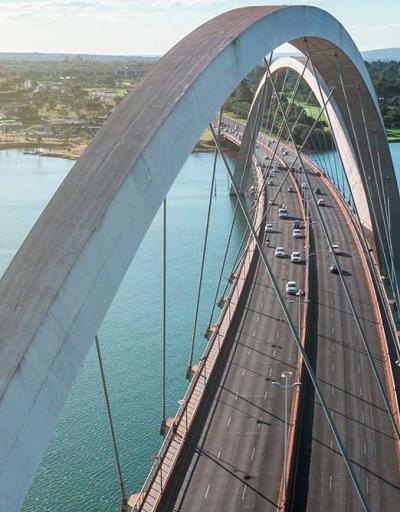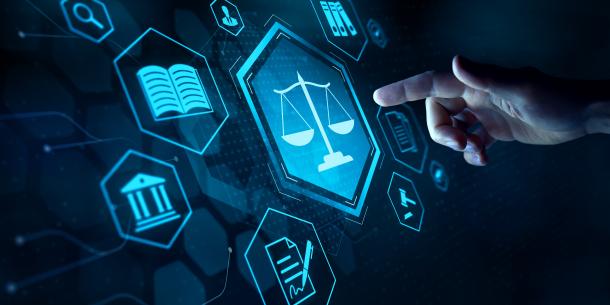
AI and judicial systems

The use of AI in judicial systems is being explored by judiciaries, prosecution services and other domain specific judicial bodies around the world. For example, in the criminal justice field, the use of AI systems for providing investigative assistance and automating decision-making processes is already in place in many judicial systems across the world. Considering rapid developments in this field, the challenges and opportunities related to harnessing AI in judicial systems and their implications for human rights and the rule of law must form part of discussions among stakeholders from the judicial ecosystem.
Luis Roberto Barroso’s vision on AI and the role of the Judiciary
Judicial systems are facing new challenges posed by technological advances, such as artificial intelligence, but also opportunities to improve judicial efficiency through digital transformation. Chief Justice Barroso, chair of the Justice 20 engagement group, the summit of the heads of the supreme courts and constitutional courts of the G20 member countries, has decided to make this one of the priority topics of the J20 - UNESCO will be a knowledge partner.


